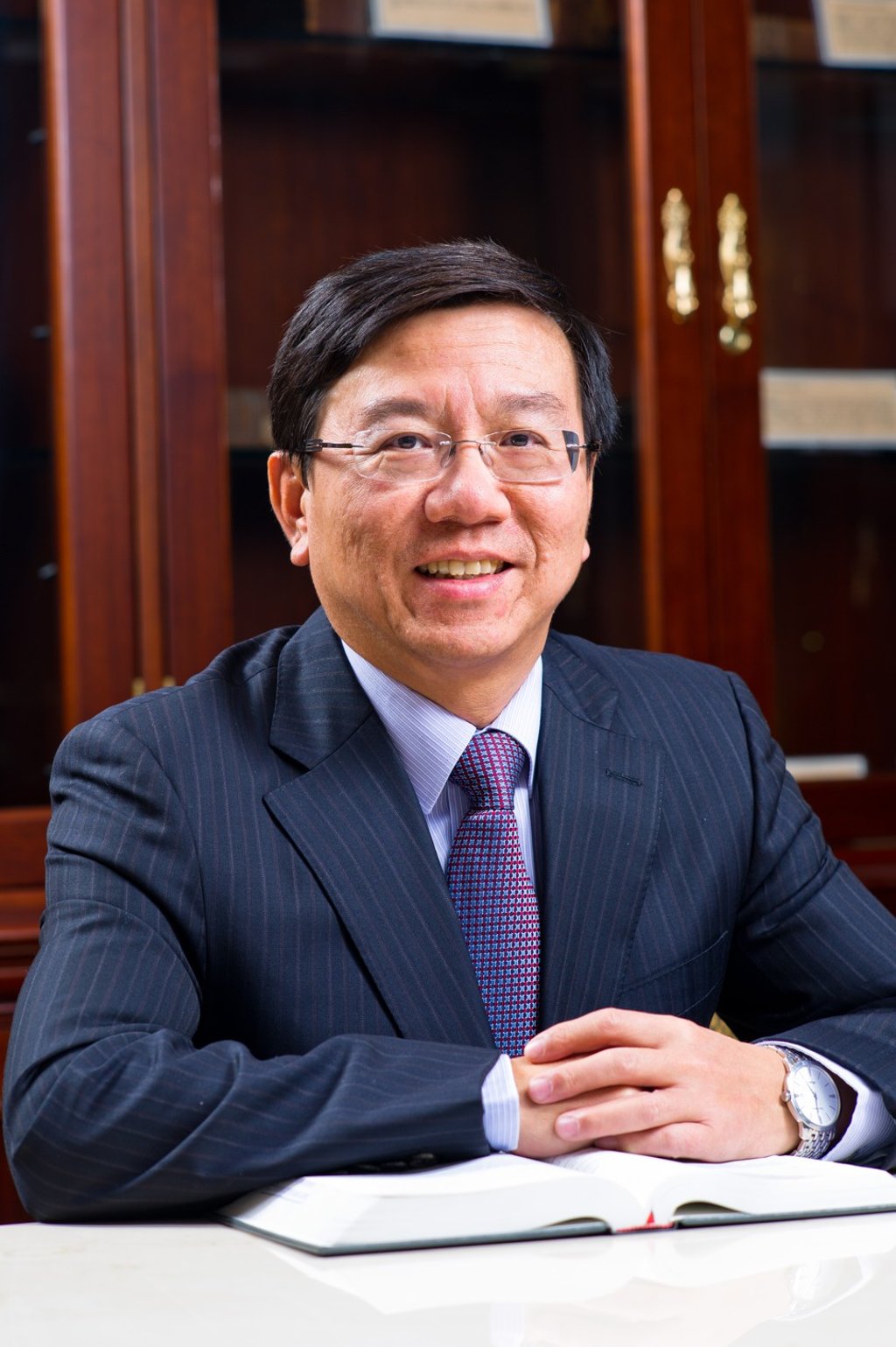Hong Kong universities give master’s law students insight into Chinese legal system
There is growing demand for trained professionals with a clear understanding of the differences between Hong Kong and Chinese Business Law

Mainland China and Hong Kong not only operate under two political systems, they also have legal codes based on separate traditions. Two master of law programmes run by local universities aim to provide their students with an understanding of aspects of the Chinese legal system.
City University of Hong Kong (CityU) has been offering its master of laws (LLM) – leading to the Renmin University of China award, or LLMRU – programme since 1995. One of the mainland’s leading law schools, Renmin University of China law school is based in Beijing. However, instructors from Renmin University teach this programme at the CityU campus in Hong Kong, helping those studying locally to acquire a thorough understanding of the Chinese legal system. Professor Gu Minkang of CityU’s law school is the LLMRU programme co-ordinator. Asked why the programme is so popular, Gu points to the structure of the curriculum and the reputation of the qualification, he says, will enable graduates to engage in Chinese law-related activities.
“Many students understand that further economic development on the mainland will offer them more Chinese law-related job opportunities,” he says. “Many students have already benefited from this programme and have found new jobs after their graduation.”

Gu says the programme covers most core laws such as jurisprudence, constitutional and administrative law, legal history, criminal law, real estate law, labour law, environment law, intellectual property law, contract law, company law, securities law, procedural laws, law of property right, tort law, fair trade law, foreign investment law and arbitration law. “To earn their master of law degree, students will need to master all these Chinese laws,” he adds.
Gu says students tend to complete the programme within three years. “In the first and second years, students are required to finish 12 courses and, thereafter, one thesis, in order to graduate. In exceptional cases, students are allowed to expedite their study by taking more courses in one semester, so that they can graduate earlier.”
